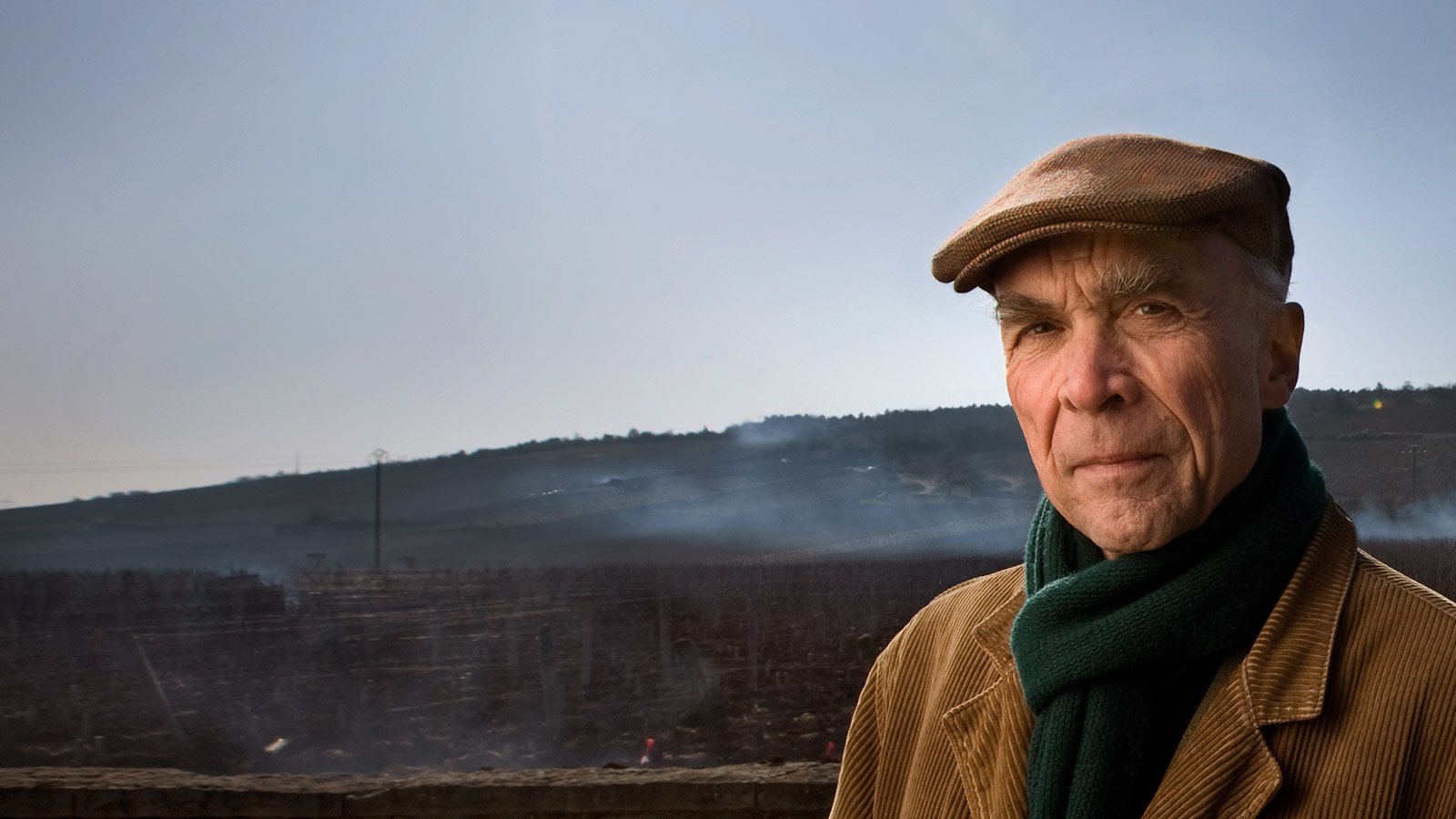Liquid gold
The true story of a plot to poison one of the world’s most expensive wines is a satisfying whodunit
Share
SHADOWS IN THE VINEYARD: THE TRUE STORY OF THE PLOT TO POISON THE WORLD’S GREATEST WINE
Maximillian Potter
The wine that is the subject of this book is so rare and expensive that it’s beyond the reach of the ordinary millionaire. Romanée-Conti is the drink of a select group of people with the right connections, writes Potter. “It’s the rarest wine on the planet.”
In January 2010, the French aristocrat who makes the wine, Aubert de Villaine, received an anonymous note. If he did not pay a ransom of a million euros in cash, the grapes in his precious vineyard would be poisoned and destroyed. The culprit had already snuck into the vineyard—a plot of land only 1.8 hectares in size in France’s fabled Côte-d’Or region—and drilled holes into the roots of 700 vines in preparation for injecting poison.
Who would do such a thing? Whoever it was appreciated the vineyard’s value. As Potter explains, its history dates back centuries, to the time of monks who selected it for wine production by tasting the soil. In the first century CE, a Roman farmer, Columella, determined that the pinot noir grape was best suited to the soil and climate (as opposed to the lesser gamay grape, which, in 1395, was banned by the duke of Burgundy for its horrible harshness).
The Prince of Conti had once owned the vineyard. When it went up for sale after his death, the auction ad in 1794 read: “We cannot disguise the fact that the wine of La Romanée is the most excellent . . . It is the balm for the elderly, the feeble and the disabled, and will restore life to the dying.”
From the language in the 2010 ransom note, it was clear that whoever was behind it knew about wine production and knew the vineyard well.
Potter spins the tale like a whodunit mystery, lining up possible motives and suspects, such as the Leona Helmsley-esque disgruntled family member who had been ousted from management a decade earlier.
The French national police are summoned, a sting operation ensnares the criminal; all’s well that end’s well for the vineyard, but not before the reader has taken a fascinating tour of the history of French viticulture. JULIA McKINNELL
